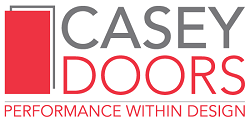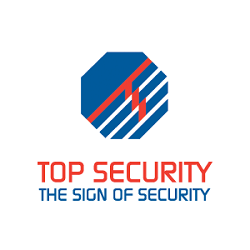By Tara Daly
•
21 Mar, 2024
Communicating with people who are challenging can be difficult. Indeed, engaging with an employee who constantly challenges your ideas or who seems perpetually dissatisfied, requires tact, empathy, and assertiveness as it is precisely in these situations that effective communication becomes crucial. When working with others, especially in a team setting, maintaining open lines of dialogue is essential for success. So, let’s delve into strategies for handling those challenging conversations. Have an open conversation: Any issues with employees should be addressed by having an open and respectful conversation about improving your professional relationship. Listen to their perspective and explore ways to adjust your interactions. Clear up any misunderstandings through open dialogue and schedule ongoing discussions to strengthen your working relationship. Get to know your Team: Building the relationship beyond work is a great way to strengthen your connection with a challenging employee. Create a comfortable environment to learn about each other's interests and backgrounds and use conversation starters like discussing hobbies, interests, even the latest match results or work achievements to deepen your connection. Set a Good Example: Set a positive example when dealing with a challenging employee by prioritising professionalism and avoiding hostility or retaliation. Acknowledge any mistakes made, strive for better communication, and exhibit behaviours that can positively influence them to do the same. Avoid Workplace Gossip: Resist the temptation to gossip about difficult team members in the workplace. Engaging in gossip can harm your reputation and damage trust among colleagues, potentially leading to decreased morale and a toxic work environment. General Rules to go by; When dealing with conflict remember to at all times: • Stay calm - Resist the urge to retaliate and be hostile with your co-worker, as being calm will rationalise the situation. • Listen - If an employee is being difficult, listen to their side of the situation. • Create boundaries as to what is inappropriate and what you are not comfortable with. For example, if an employee is always being negative or questioning your decisions, you need to let them know how you feel before it escalates. Remember, it’s not just about getting the job done; it’s about fostering collaboration, understanding, and achieving common goals. By mastering the art of communication, you can keep stress levels down, build stronger relationships, and create a more harmonious work environment. By Tara Daly









